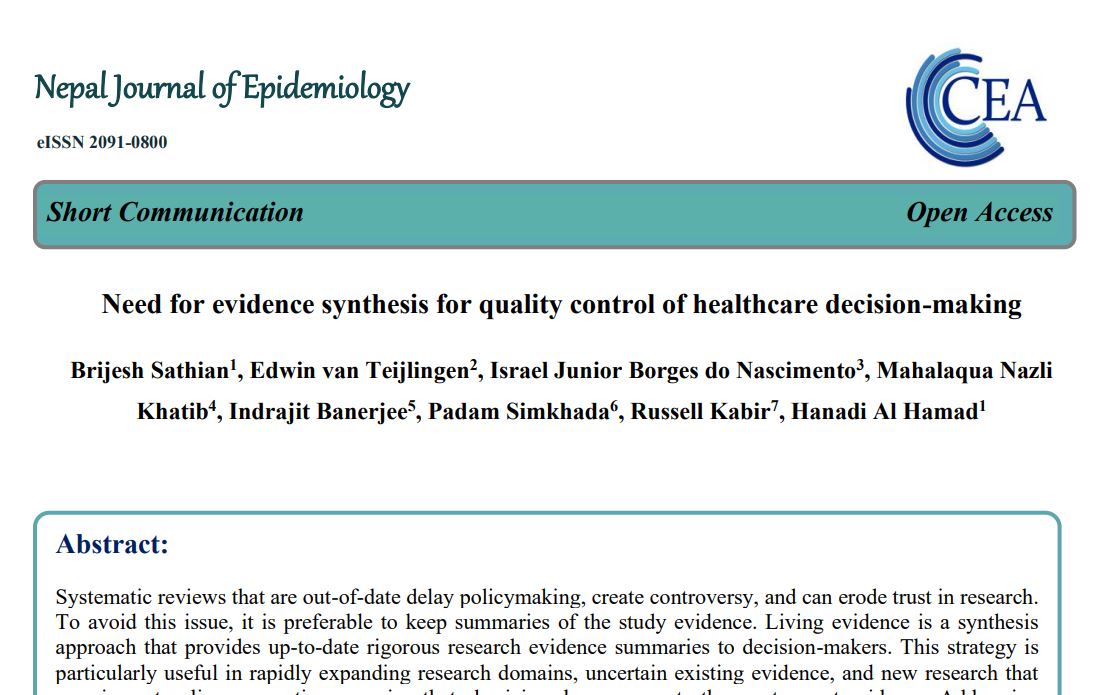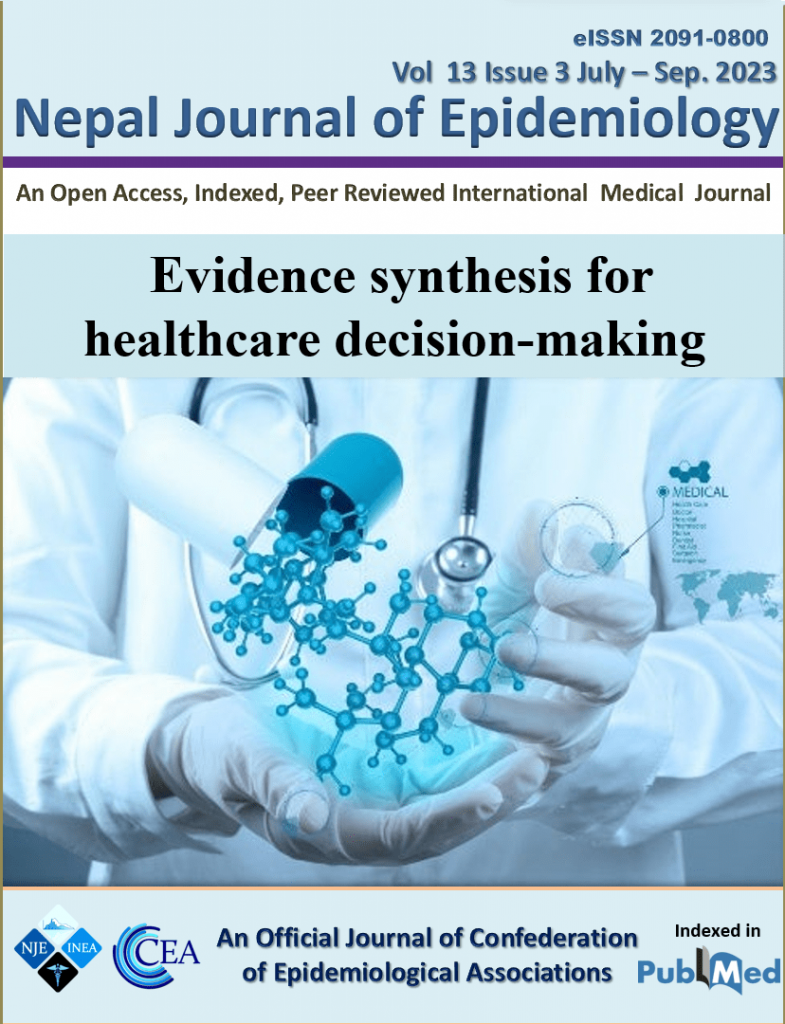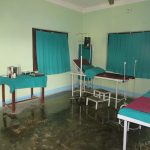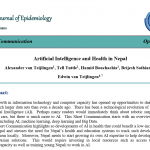 The Nepal Journal of Epidemiology published today carries an article on so-called ‘living evidence’ as an on-going synthesis approach that provides up-to-date rigorous research evidence [1]. This short research methods paper argues that living evidence is particularly useful in rapidly expanding research domains, uncertain existing evidence, and incorporating new research evidence that may impact policy or practice, ensuring that health worker, managers and health-policy makers have access to the best, i.e. the most recent evidence.
The Nepal Journal of Epidemiology published today carries an article on so-called ‘living evidence’ as an on-going synthesis approach that provides up-to-date rigorous research evidence [1]. This short research methods paper argues that living evidence is particularly useful in rapidly expanding research domains, uncertain existing evidence, and incorporating new research evidence that may impact policy or practice, ensuring that health worker, managers and health-policy makers have access to the best, i.e. the most recent evidence.
 The Nepal Journal of Epidemiology is an Open Access journal, and hence freely available to researchers across the globe. The paper has been co-authored by researchers from the Denmark, Qatar, Mauritius and the UK.
The Nepal Journal of Epidemiology is an Open Access journal, and hence freely available to researchers across the globe. The paper has been co-authored by researchers from the Denmark, Qatar, Mauritius and the UK.
Prof. Edwin van Teijlingen
Centre for Midwifery & Women’s Health (CMWH)
Reference:
- Sathian B., van Teijlingen E., do Nascimento I.J.B., Khatib M.N., Banerjee I., Simkhada P., Kabir R., Al Hamad H. (2023) Need for evidence synthesis for quality control of healthcare decision-making. Nepal Journal of Epidemiology 13(3):1288-1291. DOI: 10.3126/nje.v13i3.61004
 Establishing an evidence-based centre in Nepal
Establishing an evidence-based centre in Nepal New paper on academic-industry research partnerships
New paper on academic-industry research partnerships New Nepal paper published
New Nepal paper published Congratulations to Prof. Bouchachia on latest paper
Congratulations to Prof. Bouchachia on latest paper










 Expand Your Impact: Collaboration and Networking Workshops for Researchers
Expand Your Impact: Collaboration and Networking Workshops for Researchers Visiting Prof. Sujan Marahatta presenting at BU
Visiting Prof. Sujan Marahatta presenting at BU 3C Event: Research Culture, Community & Can you Guess Who? Thursday 26 March 1-2pm
3C Event: Research Culture, Community & Can you Guess Who? Thursday 26 March 1-2pm UKCGE Recognised Research Supervision Programme: Deadline Approaching
UKCGE Recognised Research Supervision Programme: Deadline Approaching ECR Funding Open Call: Research Culture & Community Grant – Apply now
ECR Funding Open Call: Research Culture & Community Grant – Apply now ECR Funding Open Call: Research Culture & Community Grant – Application Deadline Friday 12 December
ECR Funding Open Call: Research Culture & Community Grant – Application Deadline Friday 12 December MSCA Postdoctoral Fellowships 2025 Call
MSCA Postdoctoral Fellowships 2025 Call ERC Advanced Grant 2025 Webinar
ERC Advanced Grant 2025 Webinar Update on UKRO services
Update on UKRO services European research project exploring use of ‘virtual twins’ to better manage metabolic associated fatty liver disease
European research project exploring use of ‘virtual twins’ to better manage metabolic associated fatty liver disease